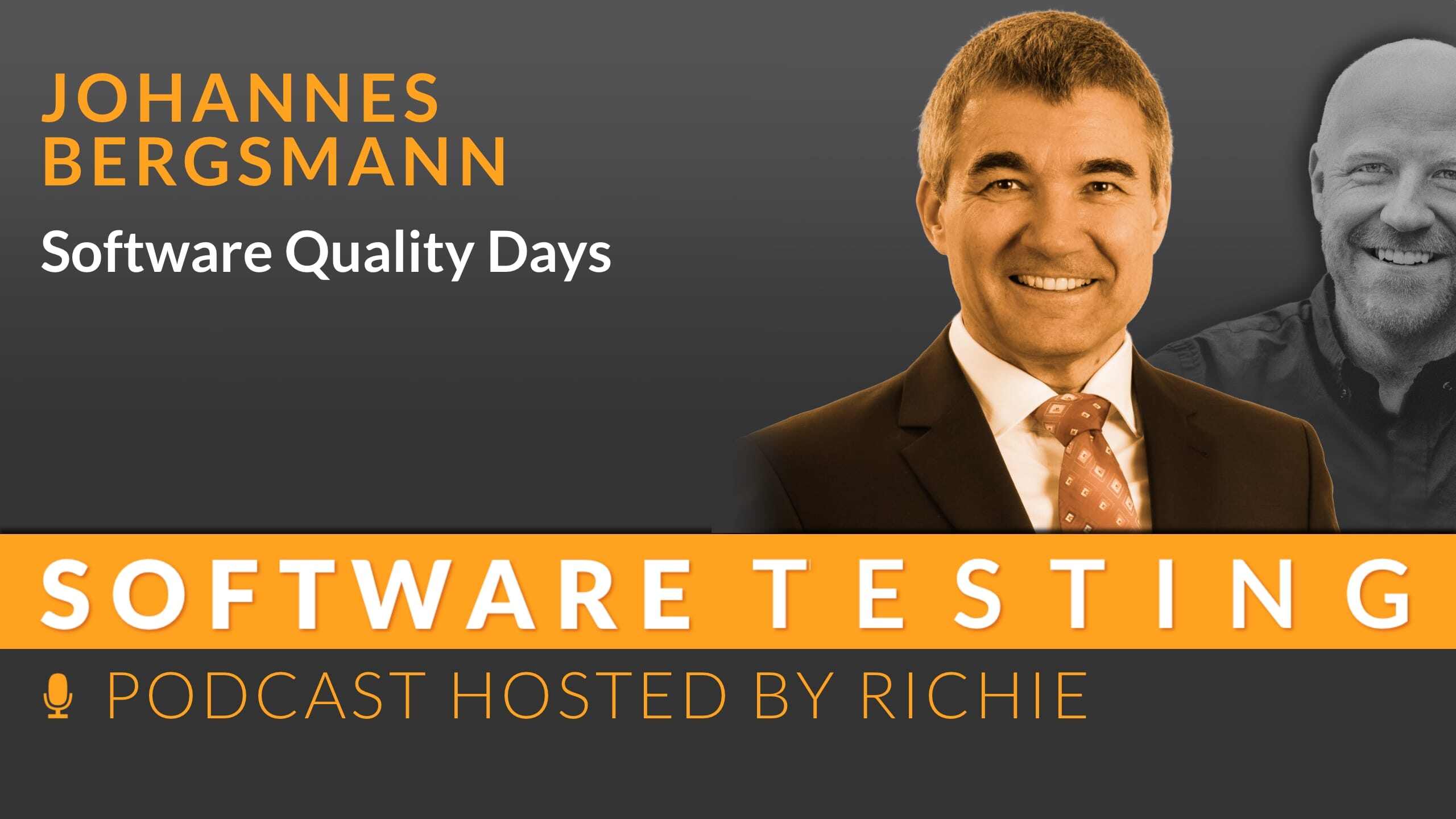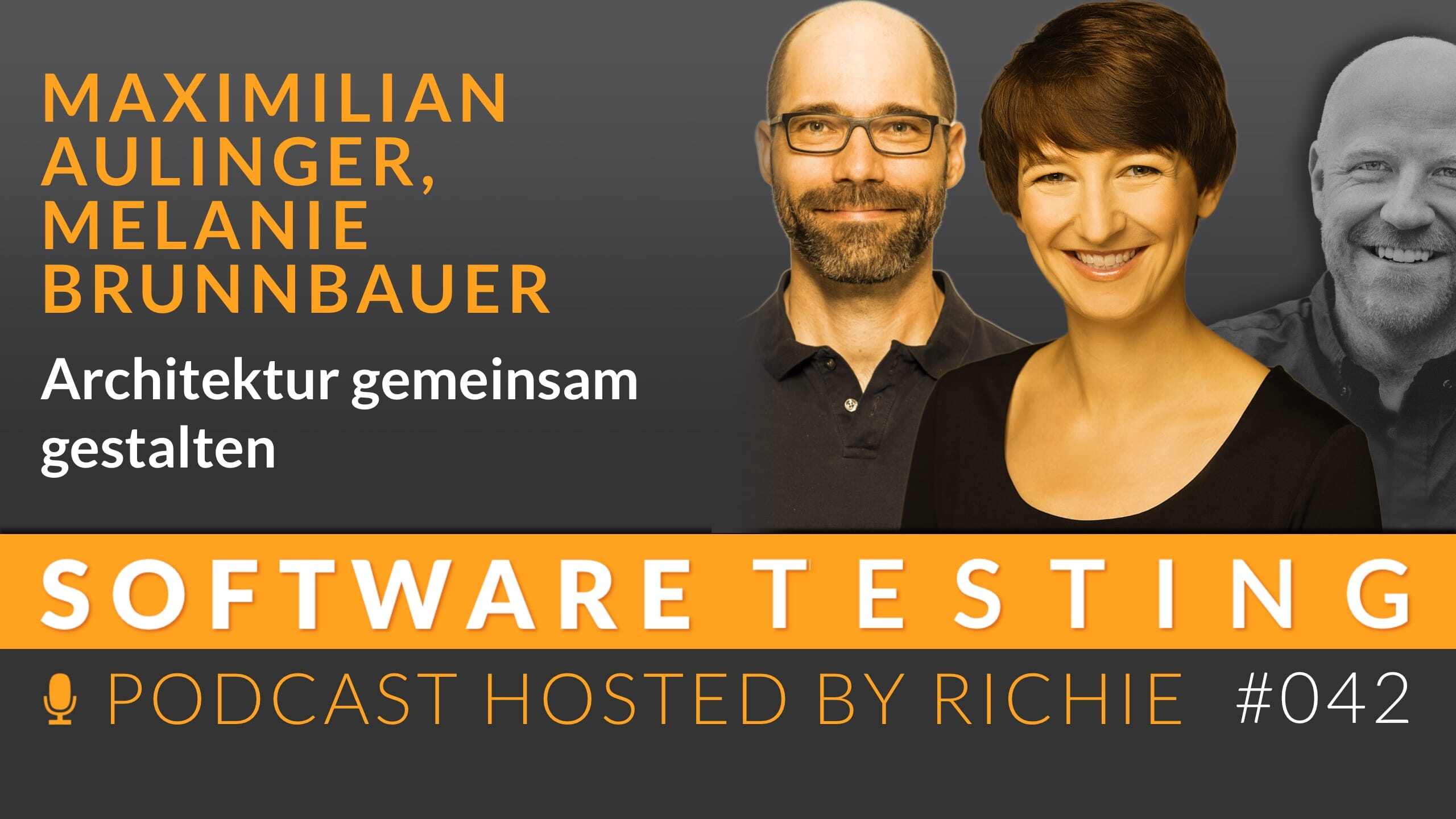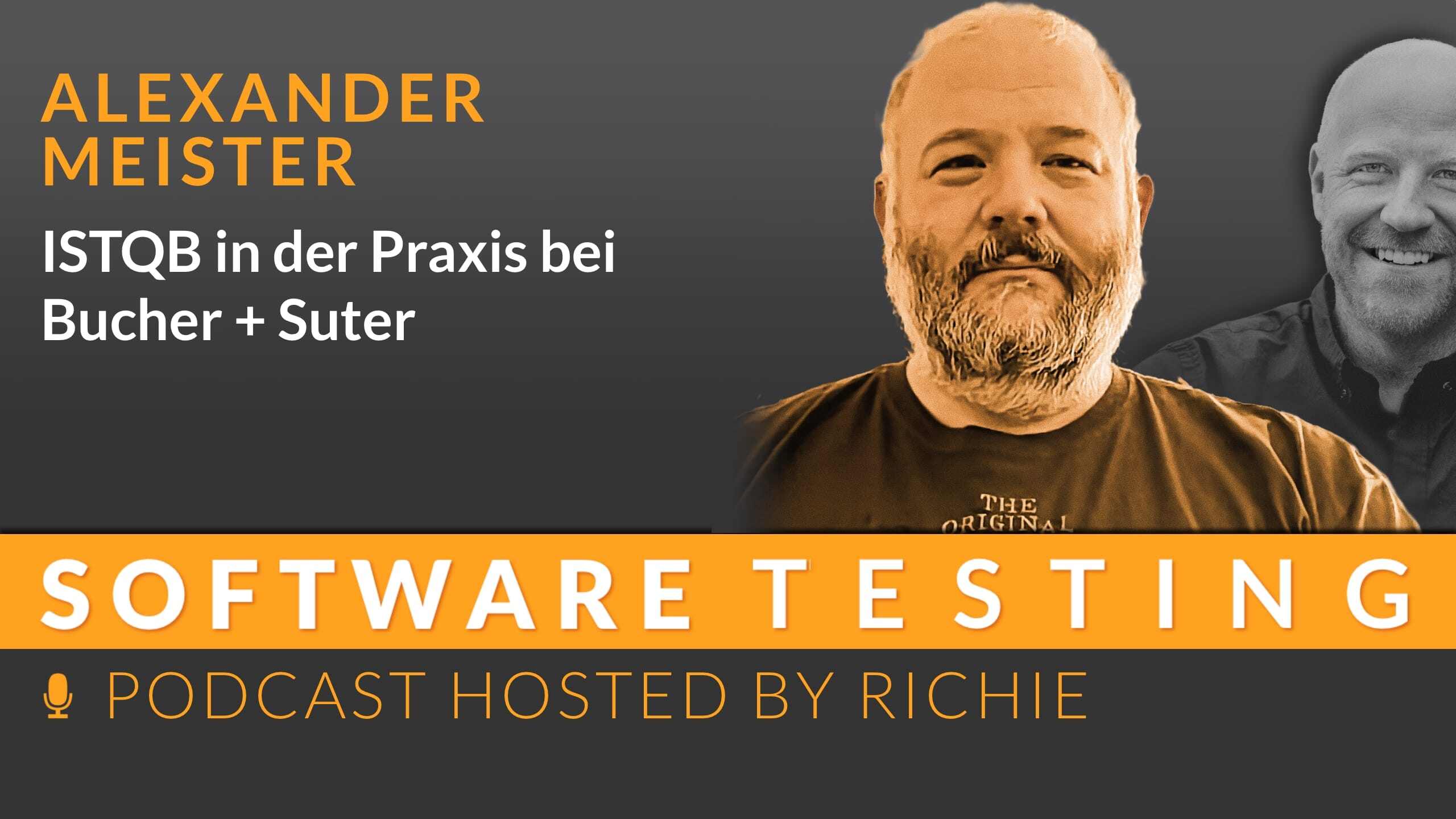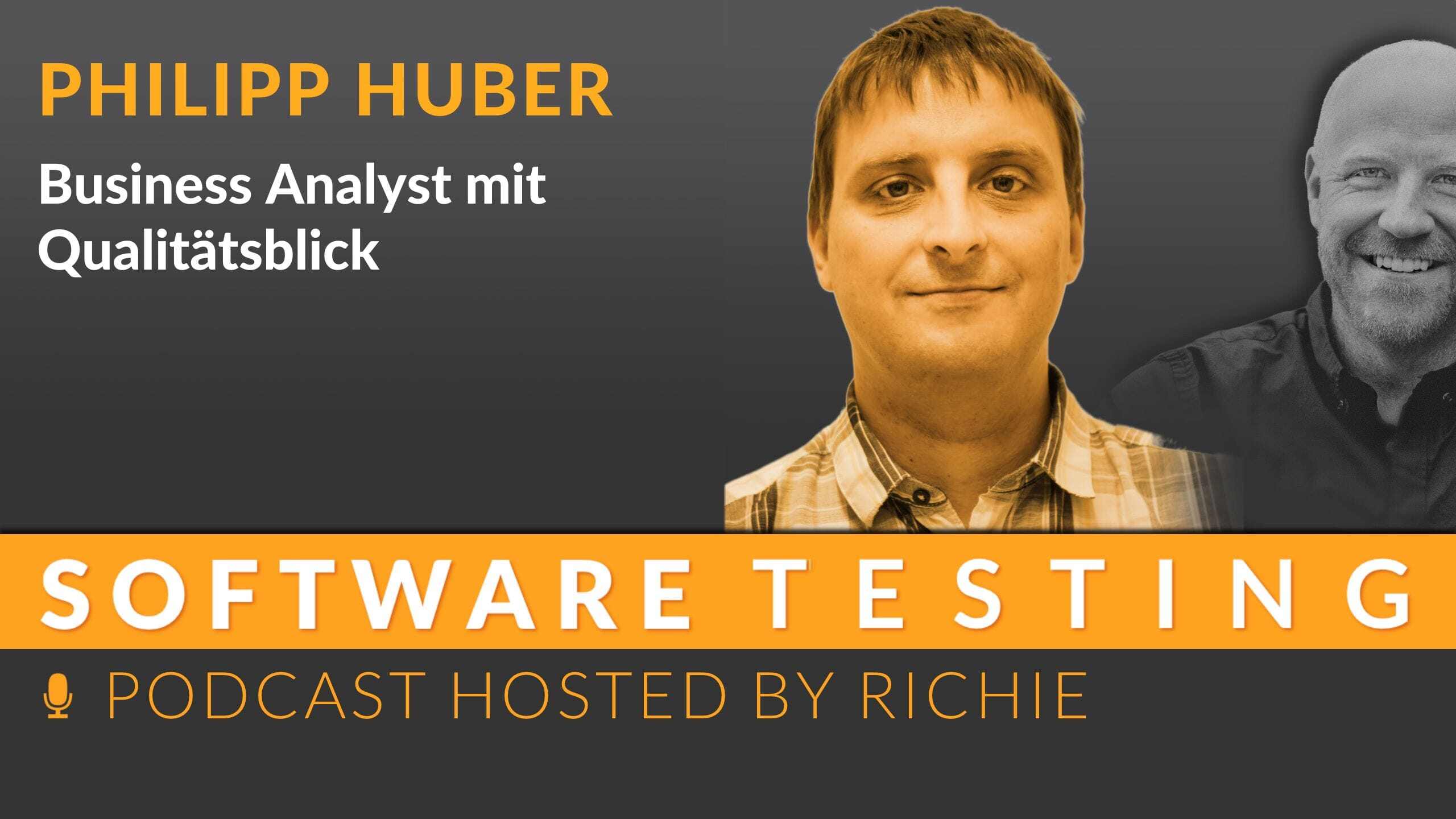Shaping Architecture Together
A stable architecture is the key to high-quality software. Collaboration within the development team has a major influence on the structure of the...

The Software Quality Days have been around for 15 years now. It all started in Vienna, my home town - with an idea. The first conference was already successful, and so it grew. Corona didn’t stop here either, but the SWQD recovered quickly. And today they are held alternately in Vienna and Munich. I talk to Hannes about the start of the conference and its importance today.
“Then we just started it (…) and we were actually totally surprised that over 200 participants came to the first conference straight away” - Johannes Bergsmann
Dipl.-Ing. Johannes Bergsmann has over 30 years of experience in software development in various roles, including as a developer, architect and managing director, and has managed over 150 software projects. He has been a speaker at various specialist conferences and is a long-standing lecturer at universities of applied sciences as well as a guest lecturer at the University of Linz. He is currently a sworn expert for computer science and Vice President of the Austrian Testing Board. He is also the author of the first German-language book on “Requirements Engineering for Agile Software Development”.
Highlights of this episode:
Today, Johannes Bergsmann gives us exciting insights into the Software Quality Days, a conference that has established itself as a fixture in the testing community over the years. From the beginnings in 2009 to the current innovations and highlights, this article offers a very personal review and outlook on the event.
The history of the Software Quality Days began in 2009, initiated by Johannes Bergsmann, with the aim of creating a platform for exchange within the testing community in German-speaking countries. What started out as a small attempt grew over the years into an established brand and an annual highlight for experts and interested parties. The conference attracted more than 200 participants right from the start, proving that there was a great need for such an event. The continuous and organic development of the conference, even through challenges such as the corona pandemic, shows its relevance and importance to the industry.
A key distinguishing feature of the Software Quality Days is undoubtedly its combination of networking opportunities and scientific depth. The conference attaches great importance to offering not only a platform for professional exchange, but also a basis for scientific discourse. Through cooperation with universities, tracks are offered that deal explicitly with scientific topics. This combination of practice and theory gives the event a special quality and attracts participants from all over the world. The scientific track in particular is a unique selling point that is rarely found in this form at other conferences.
Over the years, not only has the format of the Software Quality Days changed and evolved; there have also been geographical changes. Originally firmly rooted in Vienna, the decision was made to also host an edition of the conference in Munich. This decision was motivated by the growing interest from Germany. The success of this ‘experiment’ confirmed the importance of the conference across national borders and led to the decision to alternate between the two cities in the future. This move underlines the organizers’ desire to reach a broader audience and offer participants even more diversity.
One of the core elements of the Software Quality Days are undoubtedly the keynotes and the special networking events. The organizers focus not only on technical depth in the keynote speeches but also on inspiring content at the end of each conference. This deliberate mix of specialist knowledge and personal development is particularly well received. In addition, great importance is attached to extended networking breaks to give participants enough space to exchange ideas and make new contacts. The planned business speed dating is another example of how networking is actively promoted.
Looking to the future, the organizers have clear goals in mind: the number of participants should continue to grow; the aim is to reach over 500 interested parties. The quality and diversity of the speakers will remain a central focus. A new milestone is being set with an online lecture for the conference itself - a concession to the enormous interest and the resulting lack of space while maintaining the high quality of the program. Last but not least, the topic of artificial intelligence is also playing an increasingly important role in the program - an area that is currently enjoying a great deal of attention.

A stable architecture is the key to high-quality software. Collaboration within the development team has a major influence on the structure of the...

Alex Meister set up and designed the software quality assurance department at his company Bucher & Suter AG. That was an exciting path, as Alex is...

Integrating quality into the software development process should be a priority from the outset. The experience gained in testing can be a valuable...